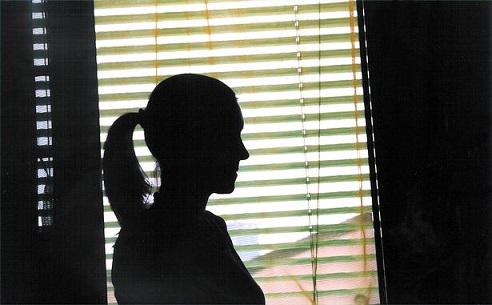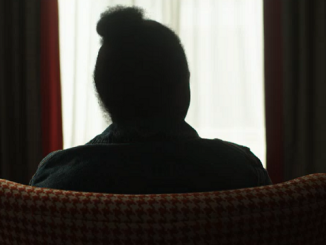
The public should be consulted on whether crime victims should be barred from getting compensation if they have an unspent conviction, judges say.
The High Court ruling against the justice secretary follows a legal challenge by a woman who was sexually abused aged eight but denied damages.
Kim Mitchell, who committed a minor public order offence 30 years later, waived her anonymity and said the rule was unfair and needed to be changed.
Ministers are considering the ruling.
Ms Mitchell was sexually assaulted by a teacher when she was eight. Her abuser was convicted 27 years later.
By the time she applied to the Criminal Injuries and Compensation Authority Ms Mitchell was told she was no longer eligible because of her own conviction.
The rule, which bars crime victims from compensation if they have an unspent conviction, was introduced in 2012.
Some victims’ organisations argue it disproportionately affects victims of child sex abuse.
In 2018, the Independent Inquiry into Child Sex Abuse (IICSA) recommended the rule be revised.
The government said it would consult on the IICSA recommendations but then said an internal review had been conducted and the rule would not be changed.
Ms Mitchell challenged the justice secretary’s decision and High Court judge Mrs Justice Lang on Monday ordered Robert Buckland to conduct a public consultation.
The Criminal Injuries and Compensation Authority oversees compensation awards in England, Wales and Scotland.
Ms Mitchell said: “It shouldn’t take a court case to make the government do what it has promised.
“But I’m pleased this decision means victims of child abuse like me can now tell policy makers directly how the rule affects us.
“The rule is unfair and must be changed. I hope this win allows others to feel empowered to speak out.”
A government spokesperson said: “We have noted this judgment and will consider our next steps.”
For information and support visit BBC Action Line
Source: bbc.co.uk






Be the first to comment